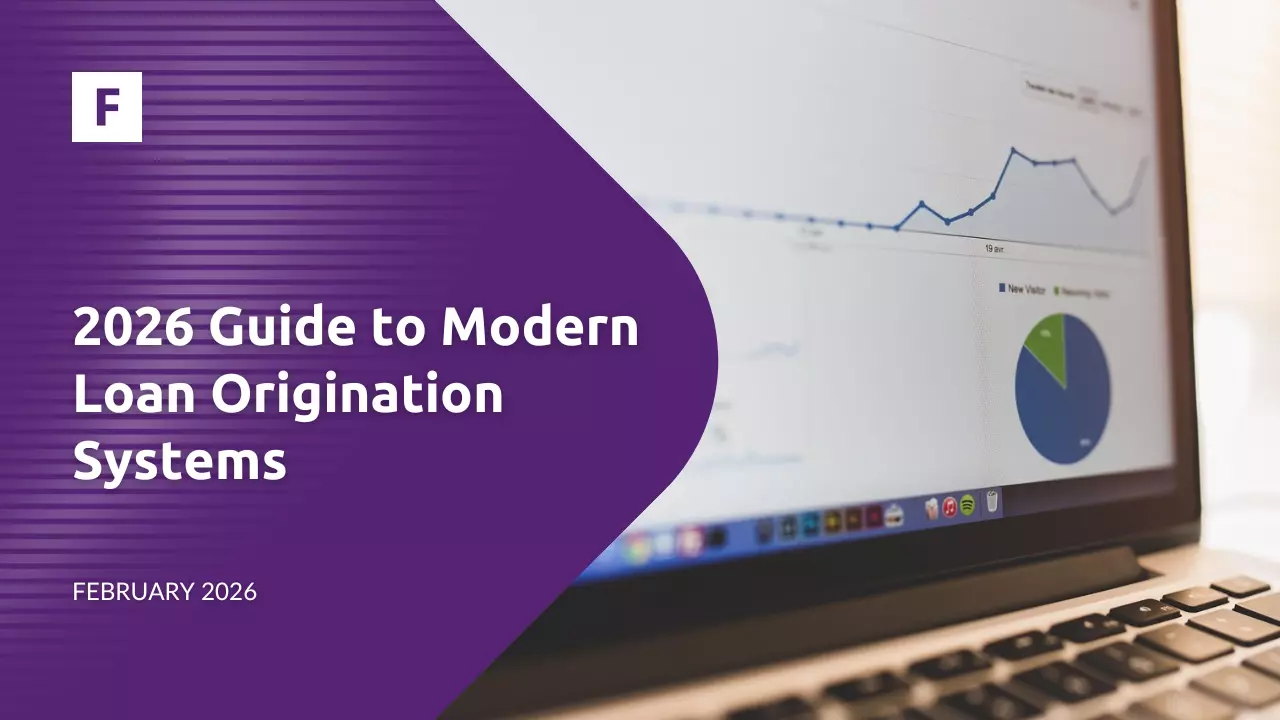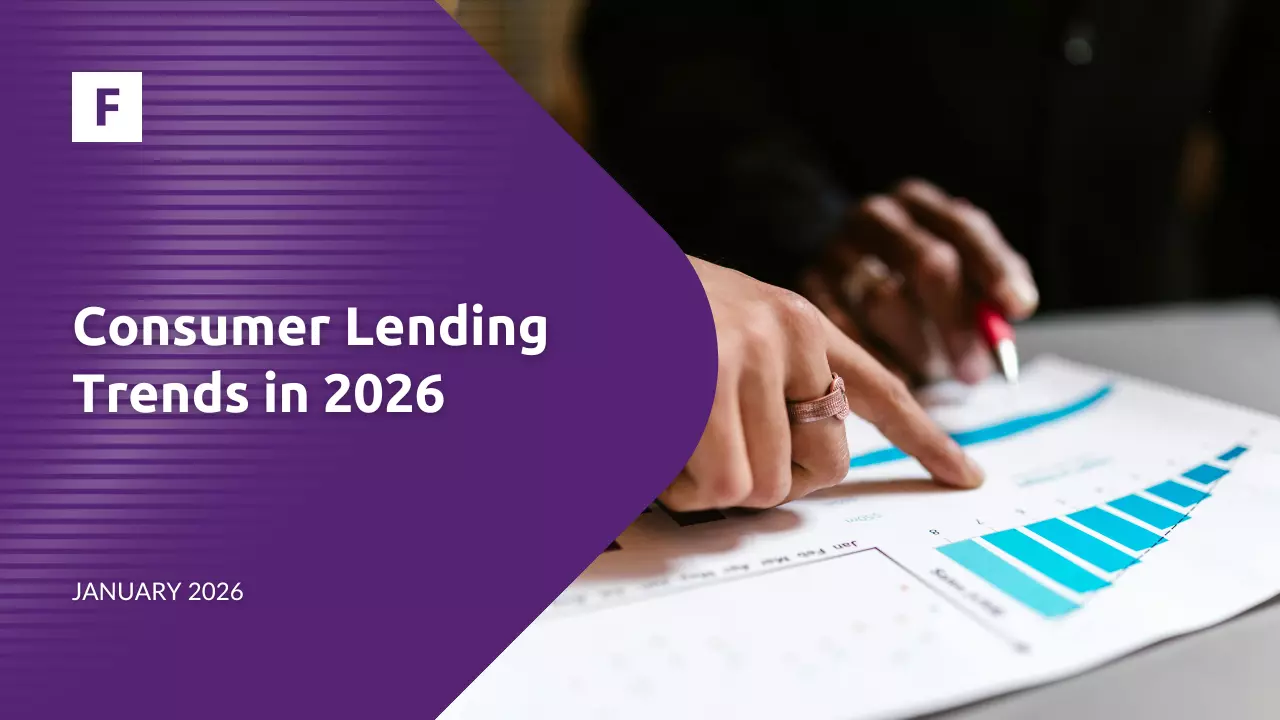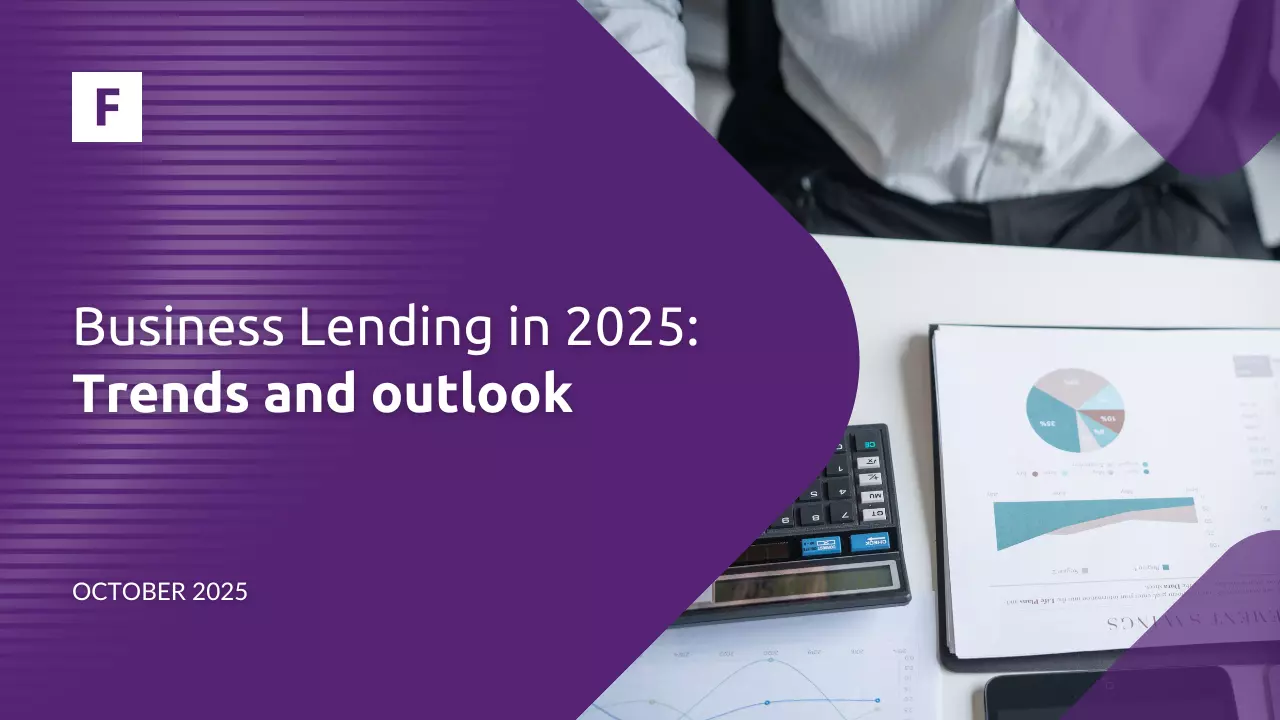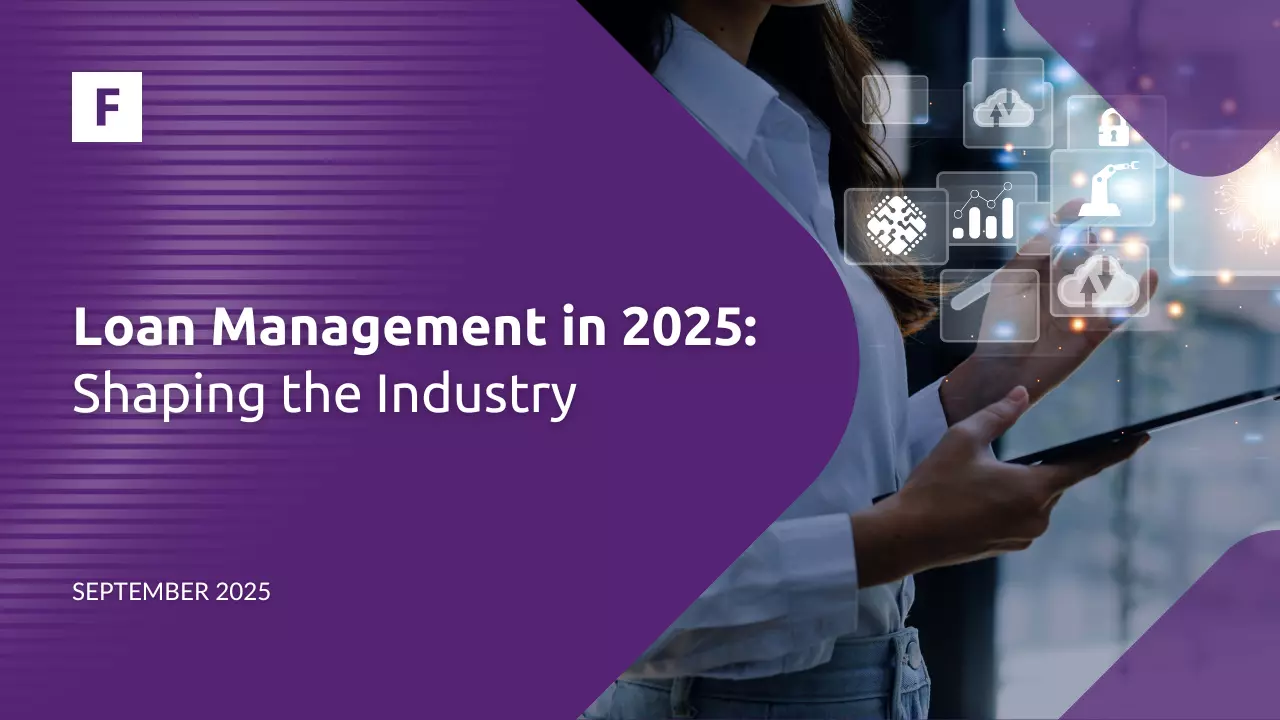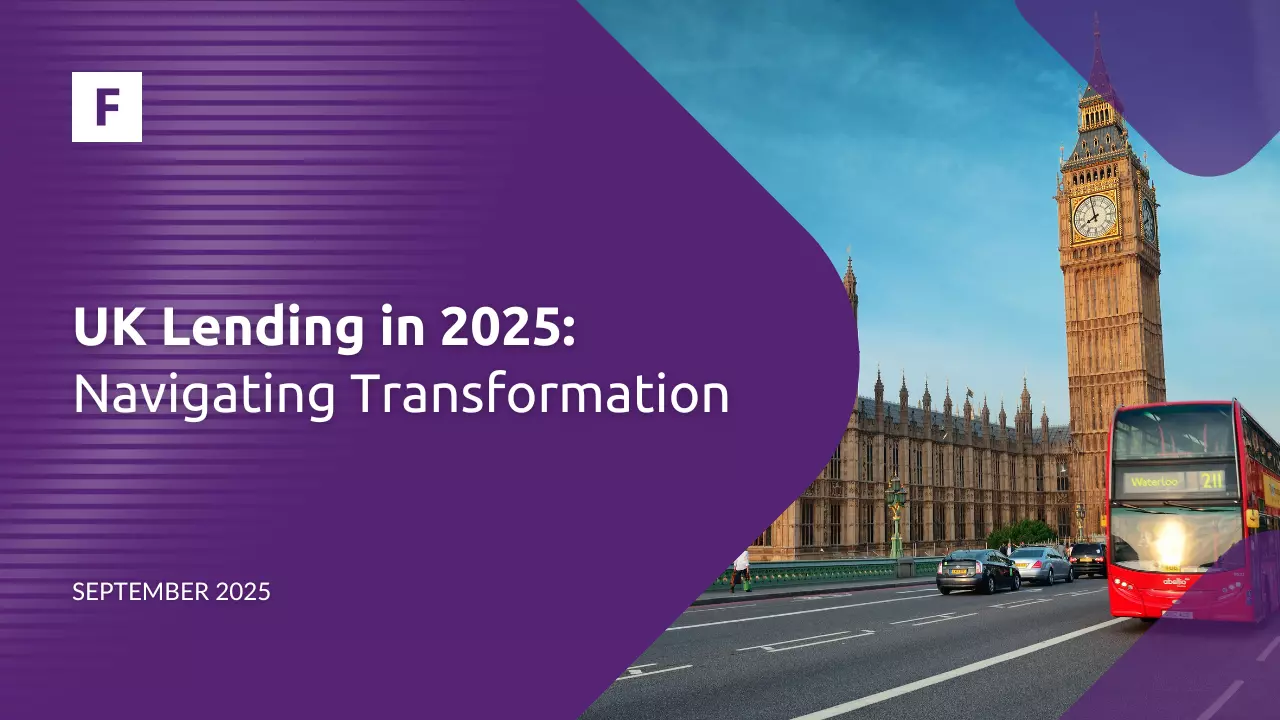In recent years, financial services have undergone a major transformation, as a result of digital technology and mobile apps. Traditional banks are no longer the go-to providers. Due to innovation by fintech companies, banking and other financial services have become faster, more convenient, and more secure at an unprecedented pace. It is estimated that this year, more than 2 billion people are using fintech solutions.
The number of people using financial technologies will remain increasing: in 2019, 64% of consumers worldwide used one or more fintech platforms, up from 33% in 2017. By this year, almost 78% of the United States millennial population will become digital banking users.
Unlike traditional banks, peer-to-peer lenders and other lending platforms have emerged as new challengers to the traditional banking system as result of the rise of digital banking. Banking is seeing new players innovate to improve customer service, lower costs, increase transparency, decrease ambiguity, and access capital more efficiently. Discover how these modern fintechs are changing the way we bank:
New technologies, new risks
One of the priorities right now, is to fight financial crime and all the risks that come with such huge fintech progress. In Financial institutions manual efforts to improve compliance result in ineffective detection of money laundering. These illegal activities bring massive costs to the economy and society. "Around a trillion dollars are still being laundered around the world every year", (AML compliance white paper). This is why it is necessary to control and reduce risks by using innovative methods.
In the last few months, we have seen new legislation and regulations on money laundering and terrorist financing come into effect around the world. Increasingly, financial services companies are being supervised as mobile devices make transactions more convenient and quick. But also introduce new security risks.
One great solution to fight these huge and always-growing problems lies in collaborative crime fighting. Salv, the Estonian-based regtech, has built Europe's first collaborative crime-fighting platform. Salv's Bridge enables the creation of a network, helping banks exchange and enrich their data on possible bad actors with other financial institutions in their ’network’. The fast and secure exchange of information is helping to stop fraudulent proceeds ending up on criminal-controlled accounts.
Artificial intelligence in Fintech
Artificial intelligence is creating a huge impact in the fintech industry. Right now AI is helping fintech companies automate their processes, improve fraud detection, customer service, increase safety, and analyze data to predict user’s behavior or financial forecast.
“In 2021, artificial intelligence in the fintech market was valued at $8 billion and is expected to reach $27 billion by 2026.” Different features of AI are being implemented by fintech companies, to give an example and remain local we have Veriff, the Estonian fintech unicorn 🦄 that uses AI for identity fraud prevention. Veriff is dedicated to keeping transparency at the heart of every online interaction.
Fintech solutions for all generations
For Gen Z, performing financial tasks on their mobile devices is not all that surprising. However, for millennials, Gen X, Boomers, and other generations who were raised in traditional banking environments, this is a big leap forward. Different Fintech solutions allowed them to access financial services on smartphones and other devices without any restriction, and without the need to visit a physical branch. By this year, mobile transactions are projected to grow by 121%. This will eventually comprise 88% of all banking transactions.
One modern example is Revolut <18, the fintech company Revolut, which launched an app for teenagers. With this option, they will have their own personalized card and fresh platform where they can start spending and saving independently. As a parent you will receive notifications for every transaction they make, you will be able to control their weekly or monthly allowance, and also you’re introducing your kids into an early personal finance management culture.
If you’re a late millennial or belong to any older generation you know that sending or receiving money from abroad was not an easy or cheap action some years ago. Nowadays it is an easy, convenient and quick task with Fintech solutions, it is the example of Wise, the Estonian fintech unicorn 🦄 with just a few steps you are ready to go and enjoy money without borders with lower fees. With Wise, you can send money to 80 countries, and each month customers send over £8 billion.
Talking about new generations, and new technologies. It is well known that for new financial services providers it may be easier to incorporate fintech solutions, but for traditional ones, it is a long journey. As we have mentioned in our previous article, traditional financial companies need to adapt their services, to have more convenient, easy, and comfortable solutions for their customers. In that way, they not only remain competitive but turn into agile companies. This is where modern fintechs partner with these companies to start with the digital transformation and ensure an agile adoption.
In Fintech Market we work to develop a modern loan management system, allowing lenders to manage their lending, customer relationships, and risk. Our lending software covers different third-party integrations to make banking easier. And incorporate different solutions to improve your business and customer experience, like adding Buy Now, Pay Later functionality to your eCommerce:
Although the fintech apps that we use every day are not perfect, and as users, we still face security problems, and there are some improvements to make in customer service, we live in a much more convenient and agile digital environment and enjoy the benefits of making comfortable transactions without leaving home. As companies, there’s more to explore and improve soon in order to remain competitive, but all the progress in these years is something to be proud about.

